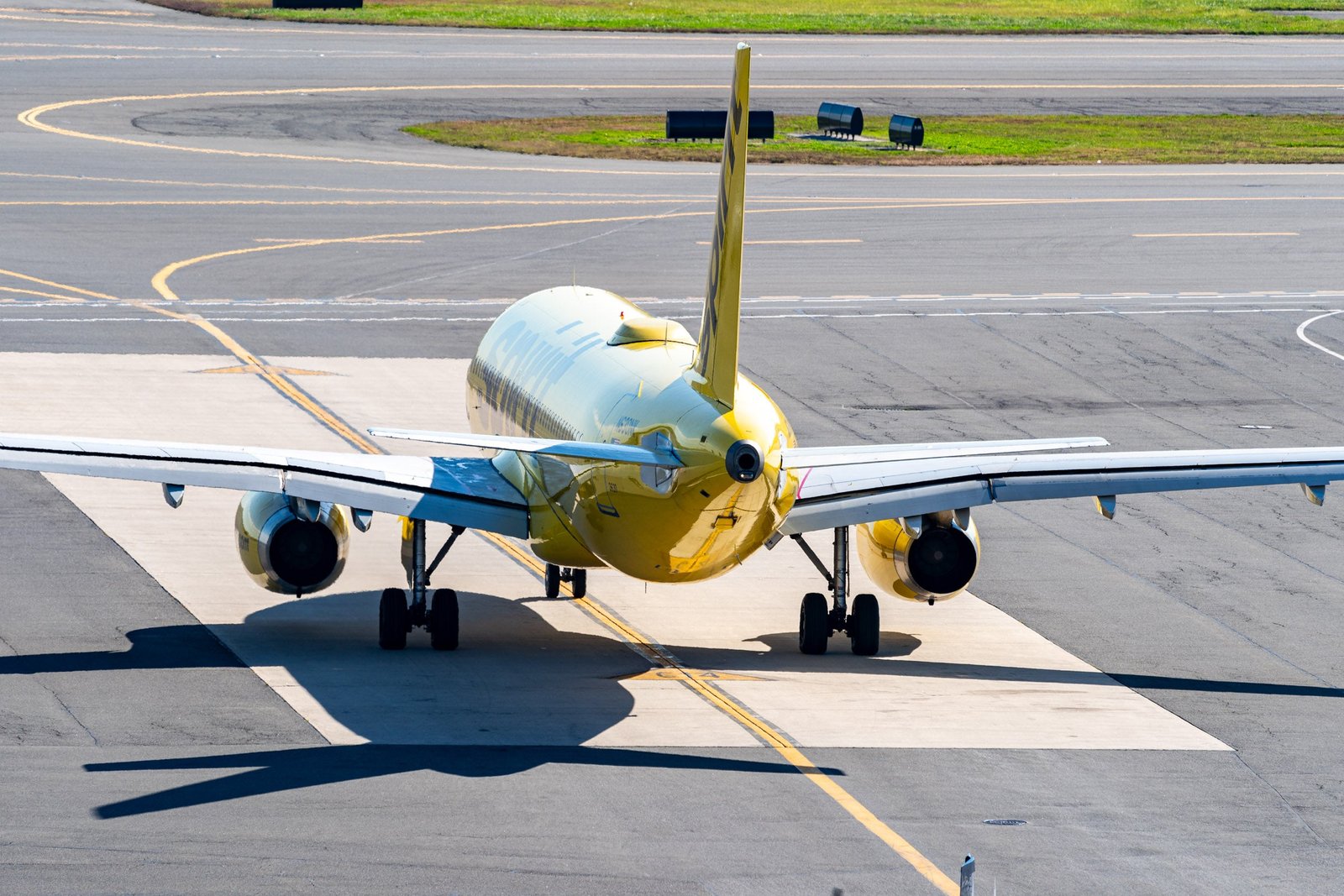Don’t listen to the naysayers; Spirit Airlines is here to stay. That was the message from CEO Ted Christie on Thursday as he vociferously rejected suggestions that Spirit could be on track to file for bankruptcy and perhaps even dissolve.
Speculation over a possible bankruptcy emerged almost immediately following a ruling by federal District Court Judge William G. Young that blocked a merger between Spirit and JetBlue. Under the terms of the merger, JetBlue would acquire Spirit and absorb its airplanes, employees, and other assets under its own brand. The airlines are appealing the decision, although JetBlue has indicated it may seek to terminate the merger agreement.
During a November antitrust trial in Boston, JetBlue argued that it needed Spirit’s aircraft and crew members in order to supercharge its growth to a size that would allow it to compete with bigger U.S. carriers. Spirit said that it was in a precarious financial position and could no longer compete effectively with its particular ultra-low-cost business model.
On Thursday, however, Christie said Spirit was making changes to its business that would put it on track to return to profitability for the first time since the start of the COVID-19 pandemic. “Liquidity is always king, and we have enhanced our levels to give us the necessary flexibility to successfully close with JetBlue or to pursue our standalone plans,” Christie said.
Last month, Spirit completed a “sale and leaseback” of 25 aircraft, a maneuver in which it sold the airplanes to a lessor to raise cash and eliminate debt, and then leases them back to continue using them. The airline netted around $419 million in cash.
Over the coming months, Spirit plans to make changes to its network construction, the times of day it operates flights (peak vs. off-peak), along with its market and geographic concentration, Christie said.
Nevertheless, Christie said that Spirit plans to continue to aggressively appeal the decision blocking the merger. “This case should never have been brought. It’s beyond absurd for the government to claim a victory for the American consumer,” Christie told investors. “In fact, it’s ridiculous.”
Previous mergers that the government approved have left the U.S. airline industry as an oligopoly, Christie said, with just a few larger companies at the top controlling the “vast majority of the market.” American Airlines, Delta Air Lines, United Airlines, and Southwest Airlines control roughly 80% of the U.S. market.
“The government continues to do nothing to address the anti-competitive structure of our industry,” Christie said. “Instead, they have just engaged in an expensive and long litigation process to block the merger of the sixth and seventh largest airlines that, when combined, would still be half the size of the fourth.”
“Nonetheless, you can rest assured that the Spirit team is 100% clear and focused on the adjustments we are currently deploying and will continue to make throughout 2024 to drive us back to cash flow generation and profitability,” Christie added.
The appeal is scheduled for June in the Boston-based First U.S. Circuit Court of Appeals.
Spirit Airlines has faced its fair share of challenges in recent years, including competition from larger carriers and the impact of the COVID-19 pandemic. However, the airline has shown resilience and a commitment to adapt its business model to overcome these obstacles.
One of the key factors that sets Spirit Airlines apart is its ultra-low-cost business model. By offering no-frills service and charging for extras like checked baggage and seat selection, the airline is able to keep ticket prices low and attract budget-conscious travelers. This approach has resonated with a significant portion of the flying public, allowing Spirit to carve out a niche in the industry.
Despite the challenges faced by the airline industry as a whole during the pandemic, Spirit has taken proactive steps to ensure its survival. The sale and leaseback of aircrafts, for example, provided a much-needed infusion of cash and helped reduce the company’s debt burden. This financial maneuver, coupled with other cost-cutting measures, has put Spirit in a better position to weather the storm and emerge stronger on the other side.
Furthermore, Spirit’s commitment to making strategic changes to its business model demonstrates its determination to adapt to the ever-changing landscape of the airline industry. By adjusting its network construction, flight schedules, and market focus, Spirit is positioning itself to better meet the demands of travelers and maximize its profitability.
While the blocked merger with JetBlue may have been a setback for Spirit, the airline remains optimistic about its future. The aggressive appeal of the decision and the CEO’s unwavering confidence in the company’s ability to succeed on its own are clear indicators of Spirit’s resilience and determination.
In an industry dominated by a few major players, Spirit Airlines has managed to carve out a unique position for itself. Its ultra-low-cost business model, coupled with its commitment to adaptability and financial stability, sets it apart from its competitors. Despite the challenges it has faced, Spirit Airlines is here to stay and is poised for a successful future in the airline industry.

